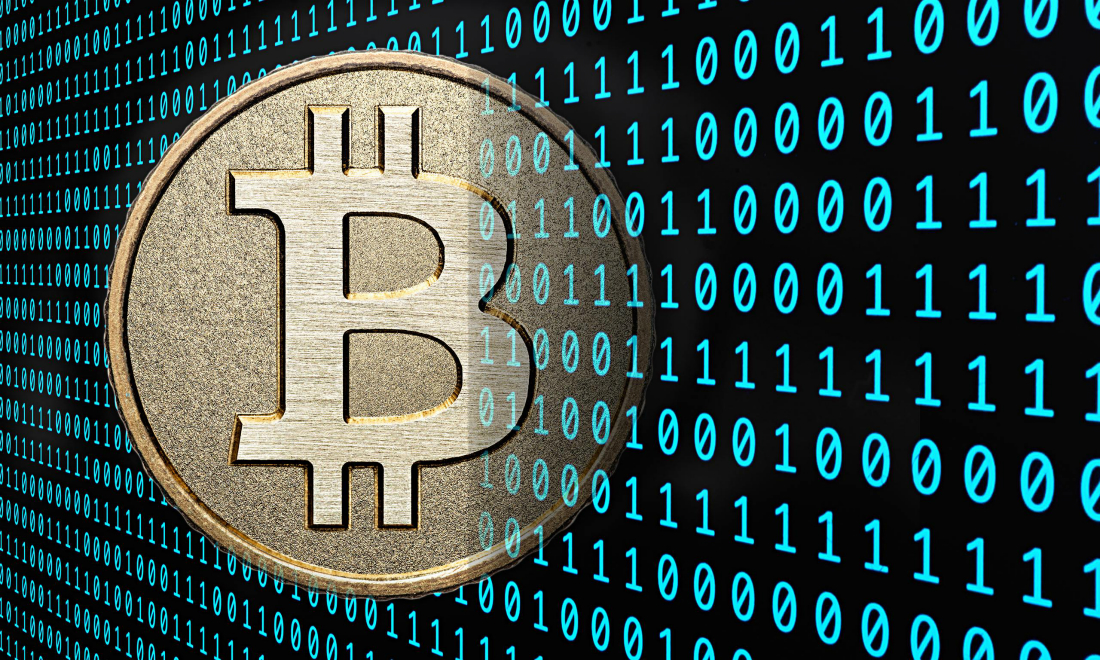Bitcoin hacks are funding North Korea’s nuclear missile program; Cryptos now LESS secure than conventional money
02/16/2018 / By Ethan Huff

The group behind a recent $500 million crypto heist that targeted the Japanese cryptocurrency exchange CoinCheck has been identified as a group of North Korean hackers, new reports indicate.
According to a recent Bloomberg report, an unidentified South Korean lawmaker who wishes to remain anonymous is credited with having nabbed the hacker clan, which may have seized the digital money in an effort to secretly fund the Kim Jong-un regime’s ongoing nuclear missile program.
If the intelligence thus far gathered is correct, this same hacker group was likely the culprit in the shutdown of the South Korean cryptocurrency exchange YouBit back in December. This attack followed by a theft reveals just how lacking security is at many crypto exchanges where traders do business.
The CoinCheck breach could also be the straw that breaks the camel’s back, as reports indicate that it’s probably the largest theft of cryptocurrency to date – exceeding the amount stolen from Mt. Gox back in 2014 that ultimately led to the exchange’s failure.
South Korea’s National Intelligence Service has begun the task of investigating what happened at CoinCheck, though the timing couldn’t be worse seeing as how the Olympic Winter Games in PyeongChang have already begun.
But it’s important to not only track down the culprits and bring justice, but also to figure out a fix to make cryptocurrencies more secure. If North Korea is able to steal enough of them, the money it might gain could end up spelling unspeakable disaster for the rest of the world.
“The North is well-known for its hacking prowess,” explains ZeroHedge.com. “NK-linked hackers are suspected of perpetrating some of the most high-profile hacks of the last five years, including the WannaCry and Petya hacks last spring, and the embarrassing 2014 hack of Sony Pictures.”
North Korean hackers may have also installed malware to hijack crypto mining operations
Recognizing that cryptocurrency is decentralized and a lot more anonymous than using traditional bank accounts, North Korean criminals are suspected of pulling other scams in an attempt to finance their acts of aggression against their enemies – one of which involves maliciously installing computer viruses to interfere with crypto mining.
Authorities have expressed concerns that North Korean hackers may have infiltrated computer systems and installed malware viruses that secretly mine cryptocurrencies like the highly untraceable Monero cryptocoin. Some of these “mines” have already been detected in the computer systems of Russia’s largest energy pipeline company.
Because the threat is international in nature, international authorities are reportedly helping South Korean officials investigate the breaches. But thus far, not much has been uncovered – including any actual evidence that North Korea had any involvement with this latest crypto theft.
“South Korea’s spy agency hasn’t been able to unearth evidence of North Korean involvement in the CoinCheck case, but was exploring that avenue based on Pyongyang’s track record and patterns observed in previous attacks,” one report explains, referencing claims made by the anonymous lawmaker.
What this all suggests is that cryptos aren’t nearly as secure as many people think they are. The precipitous nature of their online storage is believed to have played a factor in Bitcoin’s recent 60 percent drop in value since late in 2017.
Another factor is countries like China that are cracking down on the use of Bitcoin. Chinese officials are right now attempting to stop Chinese traders from accessing offshore crypto exchanges. India is seeking similar restrictions, as its government officials have promised to do everything in their power to keep Indian people from buying and selling cryptos.
To keep up with the latest cryptocurrency news, including the ever-volatile Bitcoin, be sure to visit BitRaped.com.
Sources for this article include:
Tagged Under: bitcoin, CoinCheck, cryptocurrency, Glitch, hackers, money, national security, North Korea, security, theft


















